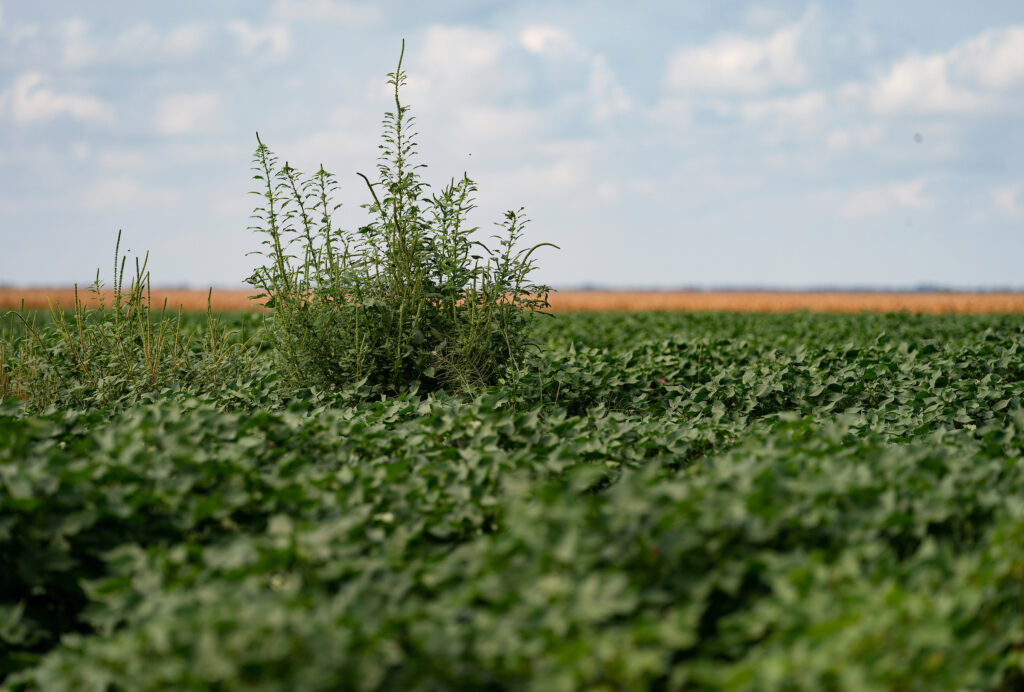Texas agriculture is a $15 billion industry. Weeds impose more losses in crops than all other pests. The Weed Science Program based at College Station and Lubbock provide integrated research and extension work in herbicide development and applied technologies, weed ecology and economics of competition, herbicide fate and environmental stewardship.

Research Interests
- Provide safe and economical weed control technology in both conventional and limited tillage systems
- Pest assessments to help reduce losses from weeds, in agronomic and horticultural crops
- Weed control, herbicide resistance, water quality and environmental stewardship of soil-plant-water
- Understanding of the environmental fate and interactions of herbicides in field, greenhouse and laboratory experiments to determine relative adsorption, mobility, volatility, degradation, and uptake
- Compare off-site movement (surface runoff and leaching) of herbicides applied within various agronomic situations
- Develop methodology that would facilitate safe and efficient analysis of pesticides from soil, water, and plant material
- Develop practical cost-effective methods of weed management for agronomic crops in the major production regions of Texas, including the Plains, Central Texas, Coastal regions and South Texas
- Crops of prime interest include cotton, wheat, soybeans, rice, sorghum, peanuts, corn, and other summer and winter annuals
Faculty and Staff
Katherine Carson
Instructional Assistant Professor
Weed Science & Pesticide Residue AnalysisKevin Heflin
Assistant Professor
AgronomistNithya Subramanian
Research Assistant Professor
Molecular Weed Science
Related Sites of Interest
Learn More About Research Areas of Focus in Soil and Crop Sciences
In the realm of soil and crop sciences, research focuses on a myriad of critical areas that drive sustainable agricultural practices and global food security. Soil health and management take center stage, exploring ways to optimize soil fertility, structure, and nutrient cycling to enhance crop productivity. Genetic advancements in crop breeding and biotechnology are pursued to develop resilient varieties that withstand environmental stressors and ensure high yields. Precision agriculture, integrating technology and data analytics, aims to fine-tune farming practices, reducing resource waste and maximizing efficiency. The exploration of sustainable agroecosystems delves into the intricate relationships between crops, soil, and the environment, fostering environmentally friendly approaches. Such research not only informs farming practices but also contributes to vital policy discussions, shaping the future of agriculture in a rapidly changing world.









